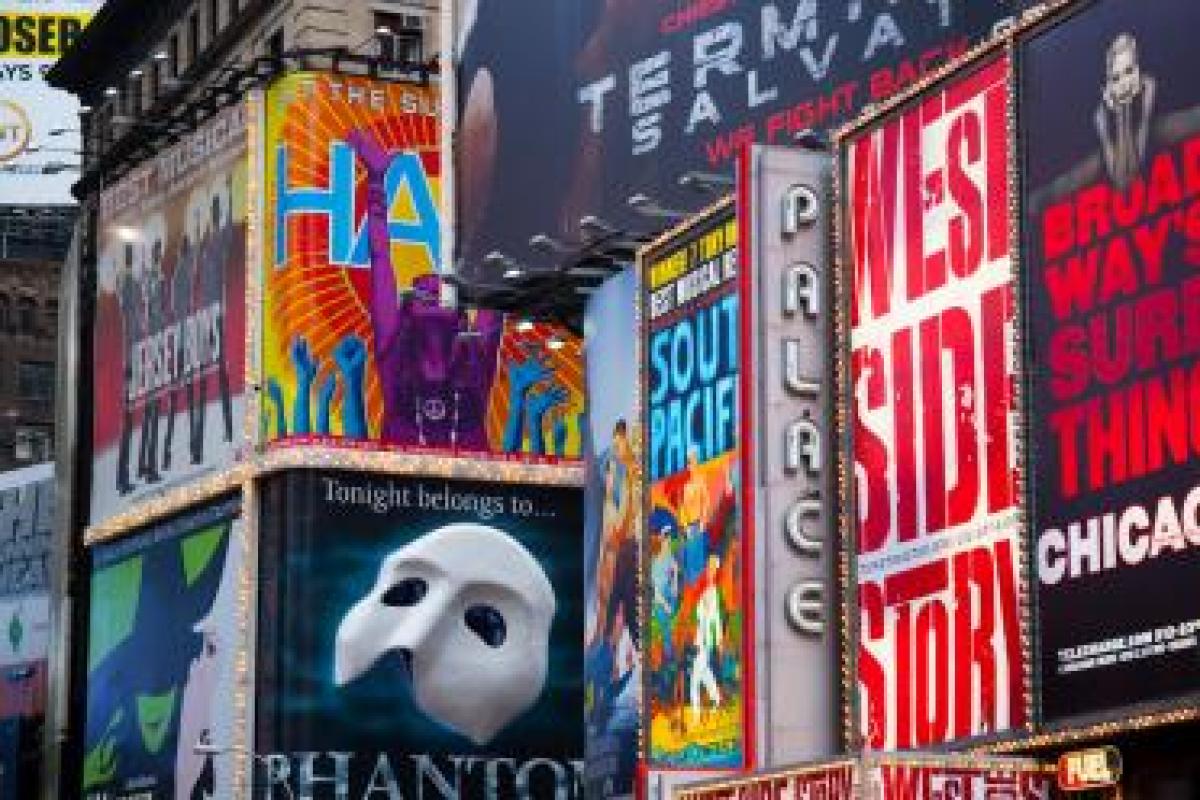Understand who it's for
Almost all the casting, play selection and advertising done for Broadway shows is designed to appeal to tourists and to those that rarely come to the theater. After all, there are a lot more of them than there are the diehard fans who see three or four of nine shows a year.
And so the producers focus on celebrities and popular topics. They run bus ads and reach out to hotel concierge staff. Makes sense.
Until you do the math. The math makes it clear that the people who go to the theater regularly are often the ones who fill the seats, pay the bills and spread the word. It turns out that activating people who already like you is far more productive and profitable than it is to spend time and money yelling at people who are ignoring you.
This one shift, a shift to building relationships between and among the core audience, to make plays for your audience instead of finding an audience for your plays, is the golden lesson that applies to just about every organization.
Understand the worldview of those you're trying to reach
In this revealing article, we see SpotCo, the leading Broadway ad agency, working their way through the creation of an ad. The good news is that they were insightful enough to realize that this musical, with its lack of edginess or big stars, is going to appeal to the kind of people who have been coming to see it--older folks, mostly women, people looking for a reliable, pleasant night at the theater.
In this revealing article, we see SpotCo, the leading Broadway ad agency, working their way through the creation of an ad. The good news is that they were insightful enough to realize that this musical, with its lack of edginess or big stars, is going to appeal to the kind of people who have been coming to see it--older folks, mostly women, people looking for a reliable, pleasant night at the theater.

Here's the ad they just ran. It completely misses the goal of telling a story that matches the worldview of those they're trying to reach. Instead of talking about what other people 'just like me' have said, it quotes the awards it's won, but the skeptical theatregoer in this category has seen award-winning plays before, plays she hasn't liked very much. Bragging about all the awards makes perfect sense if you're trying to reach the people who have to see the plays that everyone is talking about, if you're trying to reach the buzzhounds and the completists, but that's not the worldview of this group. Worse, for the skittish ticket buyer, it doesn't tell us what the play is about.
Most of all, it fails to create a sense of urgency for those that share this worldview. In almost every non-essential situation, people are likely to choose, 'later', as their response to a pitch. Why do it now if I can do it later? This group in particular, a group that doesn't need to go first, is likely to respond with 'later'.
(PS If you end up making an ad that compromises enough that it pleases the committee you've been assigned but doesn't accomplish your real goal, I think it's better to frame that ad to hang on the wall and not waste the money actually running it).
Realize that you don't have enough ad money
Just about every organization doesn't have enough cash to run enough ads to do what ads are best at. Overwhelming the chosen audience with a consistent, persistent message is how display ads do their job. (Absolut vodka). One ad, one time, isn't going to change much. That means that the cash-strapped ad buyer needs to obsessively focus and trim and find an arena where they can reach fewer people, more often. The New Yorker is not that place. One of the advantages of building and connecting a tribe is that you can talk to them directly, and honestly. The other advantage is that each time you show up, you don't have to pay $50,000.
Read more from Seth in our Clubhouse.
Read more from Seth in our Clubhouse.
